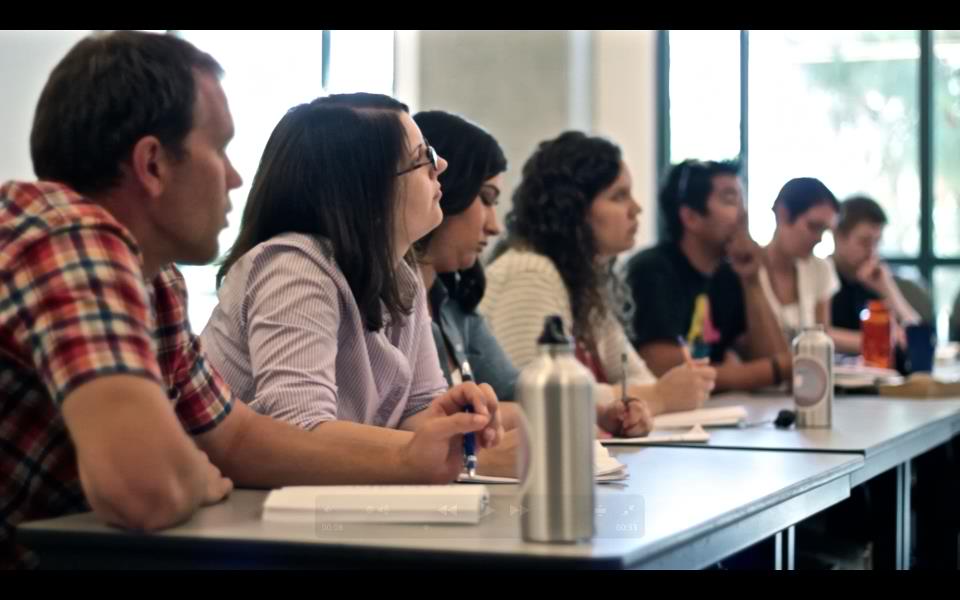Physicist Leonard Mlodinow opens his entertaining book The Drunkard’s Walk with the story of a lottery winner whose lucky ticket ended with the number 48.[1] However, according to the contestant, luck had nothing to do with it. Claiming clairvoyance, they dreamt the number seven for seven straight nights. “And 7 x 7,” the winner proudly declared, “is 48.”
Login to read more
Sign in or create a free account to access Subscriber-only content.
